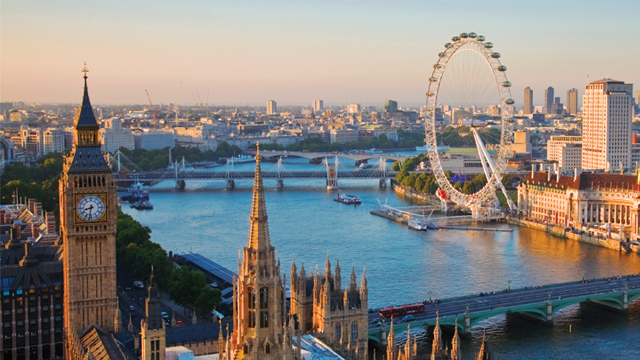
Once fitness starts becoming part of your routine, it’s essential that you look after yourself as your nutritional and functional needs change. Prepping for a big race might mean going out training every day, but even a moderate increase in the amount of exercise you do can have a big impact on your overall health.
If you’ve recently upped your activity, read our guide below to find out how you can keep your body performing at its best.
Nutrition

Your body needs energy to exercise and you need to make sure its properly fuelled for the activity you’re doing. Every body is different, so it may take time to figure out your specific dietary needs.
Your body uses carbohydrates as its main energy source and protein to repair. You should eat some carbohydrate (such as bread or pasta) a couple of hours before you exercise to perform at your best, followed by some carbohydrate and protein up to an hour afterwards to help your body recover. Make sure you drink plenty of water before, during and after your workout to replace the fluids you lose.
If you’re trying to lose weight, you will need to eat less calories than you use, but never starve yourself – no fuel, means no energy and you won’t be able to exercise to your full potential.
For long-term health, it’ll come as no surprise that a balanced and varied diet is best. Alongside carbs and protein, you should eat a good range of fruits and vegetables to get all the fibre and micronutrients you need to help maintain your overall health.
Muscle and joint care

Whatever activity you’re doing, make sure you warm up first. This prepares your body for exercise by gradually raising the heart rate and increasing circulation and bloodflow to the joints and muscles. You should also stretch your muscles to prevent strains and sprains.
Make sure that you work within the range of your ability and gradually increase the intensity of your physical activity to minimise the risk of injuries. You should also warm down and stretch after exercise to prevent muscle seize-ups. More intense fitness challenges might also call for some form of compression gear (such as compression socks) to help improve circulation for muscle recovery afterwards.
Including some form of strength training in your fitness routine will help you maintain muscle mass in the long-term. This has been shown to help preserve bone density as you get older, and may also help to alleviate joint pressure.
To maintain healthy joints, you might also try eating foods with anti-inflammatory properties. Good sources include berries, soy, olive oil, fish, walnuts and flax seeds.
Rest and recovery

Making sure you properly recover after exercise is almost as important as the activity itself, as your muscles grow and get stronger by the process of repetitive work and repair.
When you sleep, your body releases hormones that help you repair and grow muscles, build bones and burn fat. People undertaking more intensive fitness challenges are likely to need much more sleep – sometimes even taking small naps during the day. Everyone’s sleep needs are different, so you will need to judge how much sleep you need. Make sure you prioritise sleep if you need to: sleep deprivation has been shown to have a negative effect on both exercise and concentration.
If you injure yourself, make sure you see a doctor about it. It’s better to err on the side of caution as even things that seem small can end up causing physical imbalances that can to larger problems later on. For immediate aftercare of a minor sprains and strains, follow the RICE first aid advice – rest, ice, compress and elevate.
Mental health

It’s easy to get caught up in Instagram #fitspo and you may find it helps your motivation. Just remember that social media often focuses heavily on the physical aspects of fitness. Don’t get caught up in comparing yourself to carefully staged and heavily edited images – and if social media isn’t making you feel good – stop using it.
Exercise has been shown to help reduce stress and anxiety. Even a brisk 10-minute walk has been shown to increase alertness, energy and mood. If you’re using exercise specifically to improve your mental health, remember to give yourself space to do what you can, and don’t worry if you miss the odd session. Take the time to try different things and work out what you enjoy and if it’s not your thing, ditch it with no guilt. You might also try exercising alone, or as part of a group or class – it’s whatever works for you that’s important.
Outside of just aerobic fitness, working in some lower impact exercise or meditation, such as yoga, can also help you find headspace beyond just physical gains. As well as providing a way to really focus on yourself and free you from distractions, it also helps to move your body into a state of rest, while also helping physically with flexibility and mobility.



